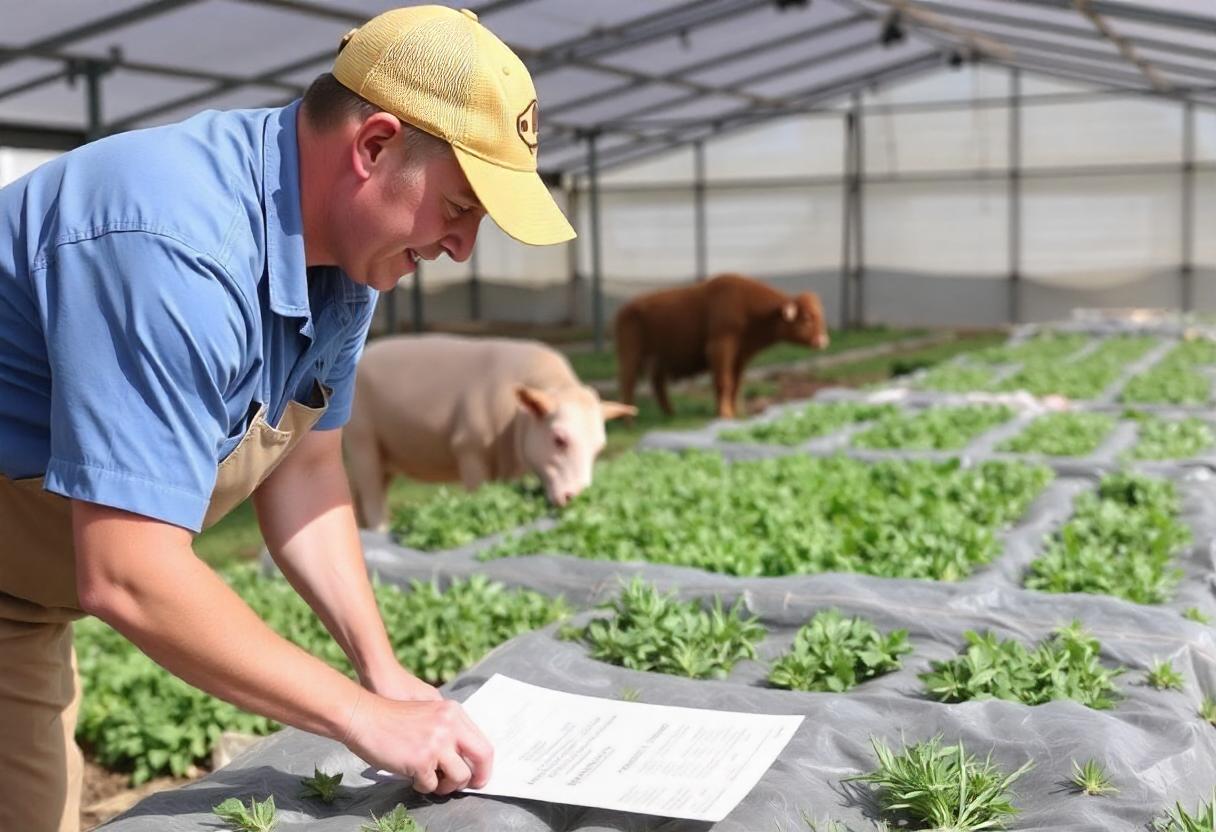
Educational Requirements
A career in agriculture typically begins with formal education. For most entry-level positions, a bachelor’s degree in agricultural science, agronomy, animal science, environmental science, or a related field is essential. This foundational education provides a broad understanding of agricultural principles, crop management, soil science, and animal husbandry.
Advanced Degrees
For those seeking advanced positions or specializing in specific areas of agriculture, pursuing a master’s degree or a Ph.D. can be beneficial. Advanced degrees allow individuals to conduct in-depth research, teach at the university level, or take on leadership roles in agricultural research and development. Specialized programs may focus on areas such as sustainable agriculture, plant breeding, or agricultural economics.
Certifications and Licenses
In addition to formal degrees, various certifications and licenses can enhance career prospects in agriculture. Certifications, such as those offered by the American Society of Agronomy or the Certified Crop Adviser program, demonstrate specialized knowledge and skills in areas like soil science or crop management. Some positions may also require specific licenses depending on the region and the nature of the work.
Practical Experience
Hands-on experience is a crucial component of agricultural qualifications. Internships, apprenticeships, or work experience on farms or research projects provide practical skills and industry insight. This experience is valuable for applying theoretical knowledge to real-world situations and can be a significant asset when seeking employment.
Technical Skills
In addition to educational qualifications, agricultural professionals often need technical skills. Proficiency in data analysis, knowledge of agricultural technologies, and familiarity with software used in farm management or research are important. Skills in geographic information systems (GIS), statistical software, and laboratory techniques are increasingly valuable in modern agriculture.
Continuing Education
Agriculture is a dynamic field that evolves with technological advancements and environmental changes. Therefore, ongoing education and professional development are important for staying current with industry trends and innovations. Workshops, seminars, and online courses can help agricultural professionals update their skills and knowledge throughout their careers.